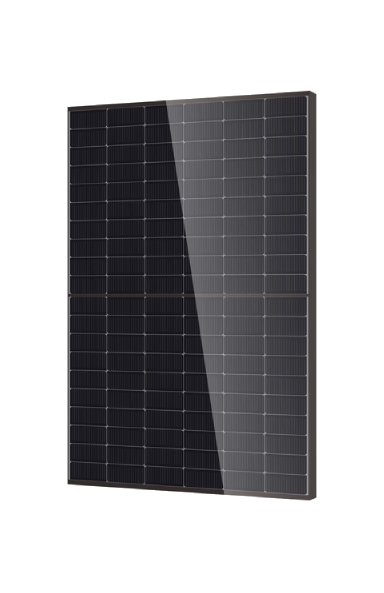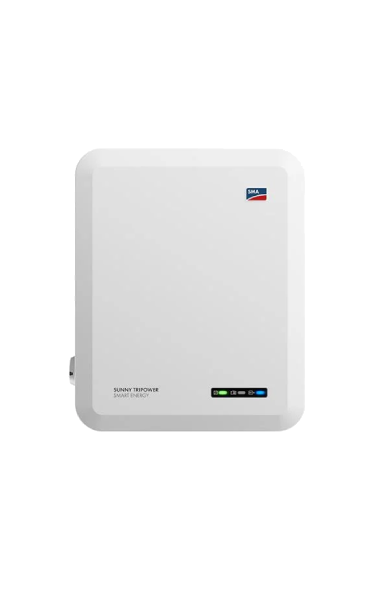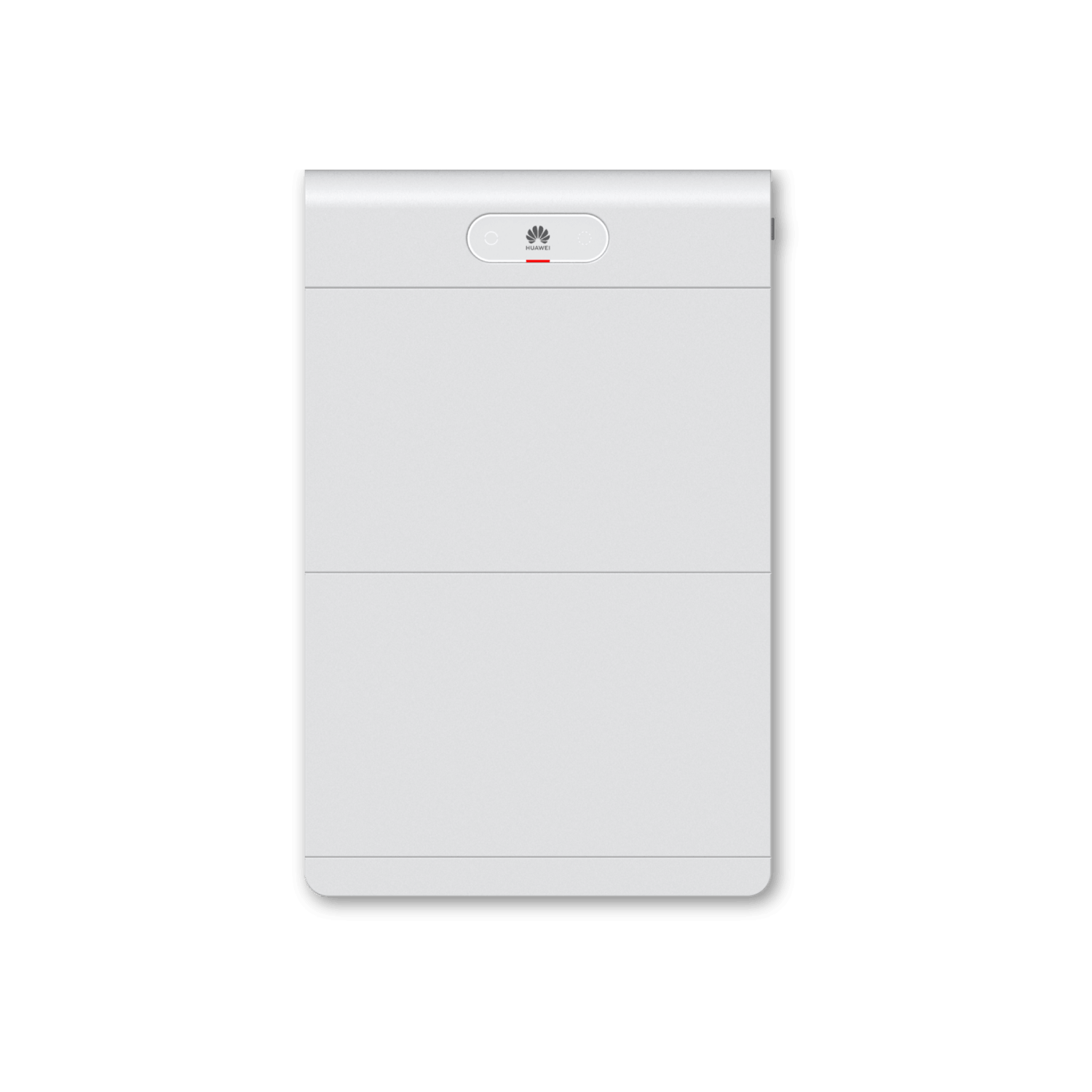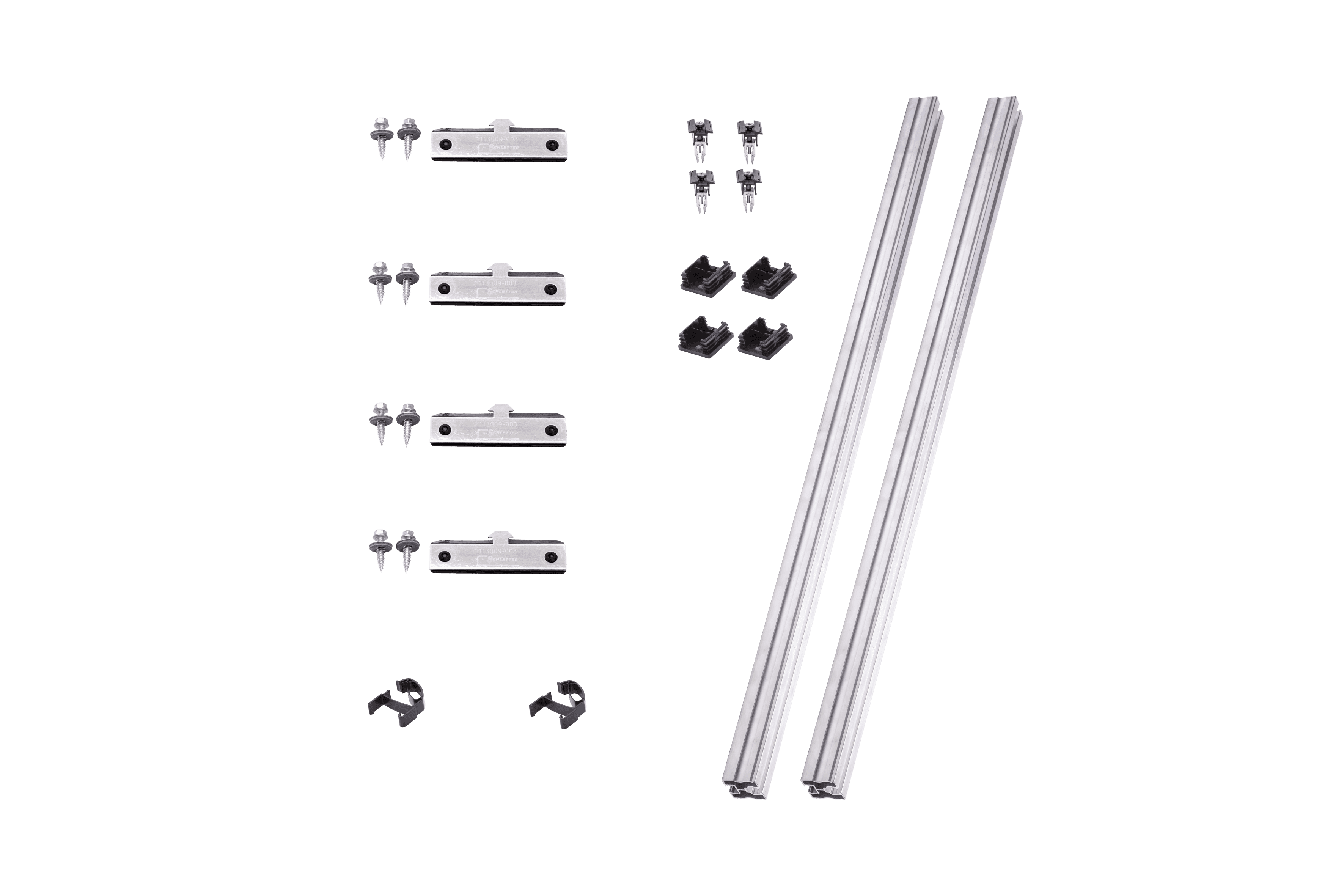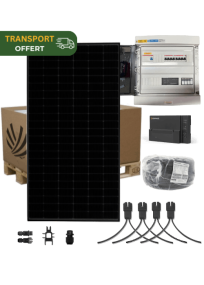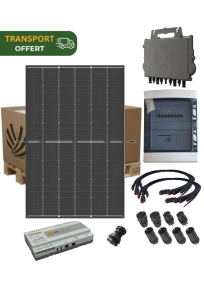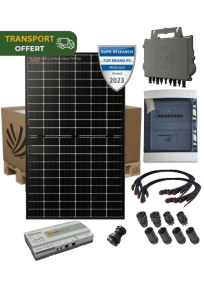Complete guide on solar self-consumption 9000w kit
The rise of renewable energy is transforming our approach to energy consumption and offers a sustainable alternative to traditional sources of electricity. In this context, solar self-consumption with a 9000W solar self-consumption kit is an ideal solution for households and companies wishing to reduce their electricity bills while minimizing their carbon footprint. Find out in this guide everything you need to know about these powerful systems and how they can be integrated into your daily life.
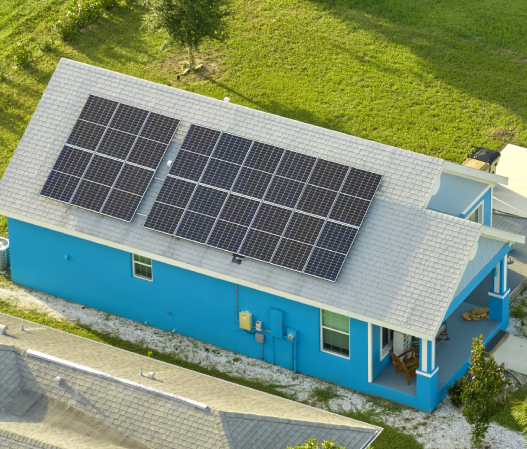
What is a 9000W self-consumption solar kit?
A 9000W self-consumption solar kit is a photovoltaic system designed to generate and consume your own electricity. This kit is capable of producing up to 9000 watts of energy, making it a perfect solution for households with high energy consumption or for small and medium-sized businesses.
Components of a 9000W self-consumption solar kit
Frequently asked questions (FAQ) about 9000W self-consumption solar kits
1. What is a 9000W self-consumption solar kit?
A 9000W self-consumption solar kit is a system designed to produce up to 9000 watts of electricity from solar energy. It allows users to generate and consume their own electricity, reducing their dependence on energy suppliers.
2. What are the components of a 9000W self-consumption solar kit?
A 9000W self-consumption solar kit generally comprises solar panels, an inverter, a battery (if you choose a kit with a battery), and mounting systems. Each component plays a key role in the operation and efficiency of the system.
3. What are the advantages of a 9000W self-consumption solar kit with battery?
A 9000W self-consumption solar kit with battery stores the energy produced for later use. This allows you to consume electricity even at night or on cloudy days, increasing your energy independence.
4. How does a 9000W self-consumption solar kit work?
The solar kit captures sunlight using solar panels, which convert this light into direct current (DC) electricity. The inverter then converts this current into alternating current (AC) for household appliances.
5. What is a 9000W three-phase self-consumption solar kit?
A 9000W three-phase self-consumption solar kit is designed to balance the load over three phases. This ensures an even distribution of electricity, which is particularly useful for businesses with high energy requirements.
6. How do I choose the right 9000W self-consumption solar kit?
To choose the right kit, assess your energy needs, compare the types of solar panels (monocrystalline, polycrystalline), select a suitable inverter, and consider storage capacity if you opt for a kit with a battery.
7. What is the lifespan of a 9000W self-consumption solar kit?
The lifespan of a solar kit is generally around 25 to 30 years. However, this can vary depending on maintenance, the quality of the components and environmental conditions.
8. What kind of maintenance does a self-consumption solar kit require?
Maintenance of a self-consumption solar kit includes regular cleaning of the solar panels, inspection of the electrical connections, and monitoring of the system's performance to detect any problems at an early stage.
Article by ;

